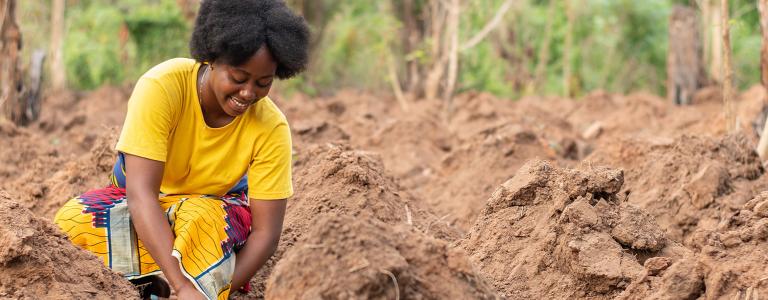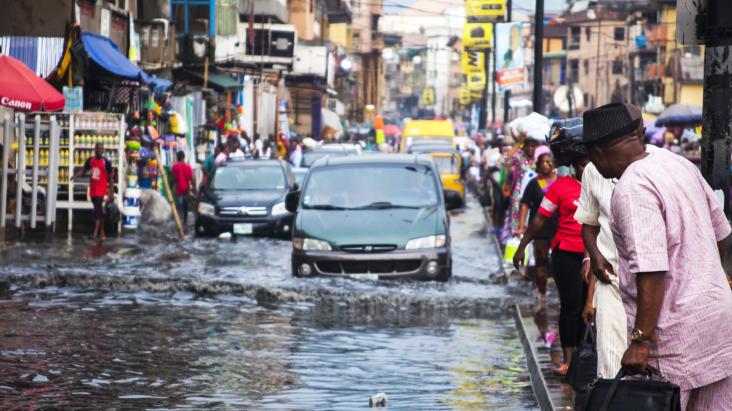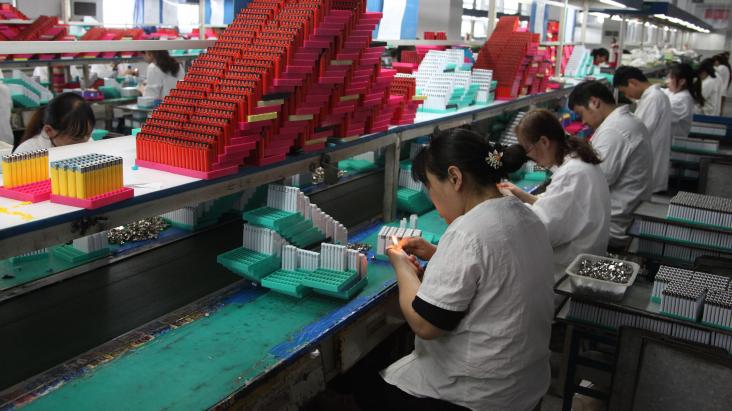The International Institute for Sustainable Development (IISD) is an award-winning independent think tank working to create a world where people and the planet thrive.
About IISDWhat We Do
Our research and policy work focuses on areas we deem ripe for transformation, where shifts in policy have the potential to change the game and where we have a proven record of making significant gains.
Flagship Initiatives

IISD Experimental Lakes Area
IISD Experimental Lakes Area (IISD-ELA) is an exceptional natural laboratory comprised of 58 small lakes and their watersheds set aside for scientific research.

NAP Global Network
The NAP Global Network works with partners in the world’s most vulnerable countries to develop and implement climate adaptation plans for a more secure future.

Global Subsidies Initiative
The IISD Global Subsidies Initiative (GSI) supports international processes, national governments, and civil society organizations to align subsidies with sustainable development.

The Intergovernmental Forum on Mining, Minerals, Metals and Sustainable Development
The IGF supports nations committed to leveraging mining for sustainable development to ensure negative impacts are limited and financial benefits are shared.
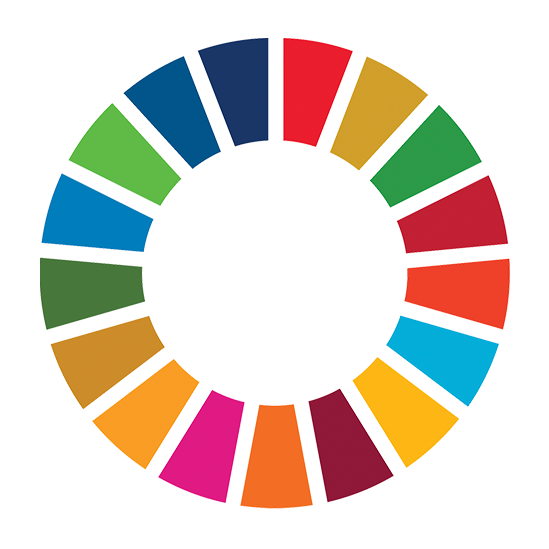
SDG Knowledge Hub
The SDG Knowledge Hub provides daily information on the implementation of the 2030 Agenda for Sustainable Development.

Earth Negotiations Bulletin
Earth Negotiations Bulletin provides balanced, timely, and independent reporting on United Nations environment and development negotiations.
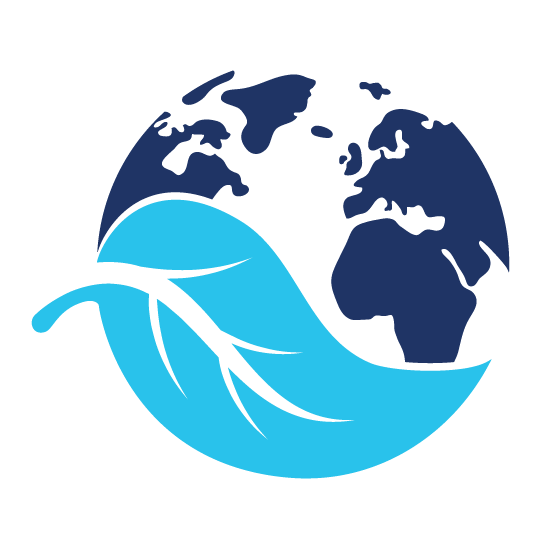
Nature-Based Infrastructure Global Resource Centre
The NBI Global Resource Centre aims to establish the business case for nature-based infrastructure, providing data, training, and customized project valuations.

State of Sustainability Initiatives
The State of Sustainability Initiatives examines how voluntary sustainability standards can support environmental and social goals.
New Research
IISD publishes objective, independent, high-quality research on sustainable development issues, including reports, policy briefs, and toolkits.
Toward a Coherent, Transformative Approach to Financing Sustainable Development, Climate, and Nature
Four key proposals for the Fourth Financing for Development Conference (FfD4) to create an integrated, equitable approach to financing climate, nature, and development goals.
The Role of Multilateral Development Banks for Low-Carbon Procurement in the Infrastructure Sector
This report examines the critical role of multilateral development banks (MDBs) in advancing low-carbon procurement within the infrastructure sector.
New Perspectives

Why Does Debt Matter for Sustainable Development and Climate Action?
Anahí Wiedenbrüg discusses how effective debt management can help developing countries achieve climate action and SDG goals while minimizing financial risks.

The Cost of Fossil Fuel Reliance
Government support for fossil fuels reached at least USD 1.5 trillion in 2023, new data shows.

Agreement on Climate Change, Trade and Sustainability: A landmark pact for trade and sustainability
The ACCTS pact, signed by Costa Rica, Iceland, New Zealand, and Switzerland, aligns trade and environmental policies, tackling fossil fuel subsidies, eco-labels, and green trade.
Stay connected
Be the first to hear what's new in sustainable development. Sign up for our bi-weekly updates to receive a curated selection of our latest reports, articles, projects, and upcoming events.
Yes, please!Our Impact

Women Turning the Table on Food Loss and Waste in Kenya
A group of changemakers led a movement to tackle food loss and waste in Kenya. IISD experts have been working closely with local women leaders to make change happen.

Hope Springs: How one community brought a river back from the brink
For over a decade, a small group of community members in Zambia have been working to restore the Nsongwe River. Now, with support from IISD’s Climate Adaptation and Protected Areas Initiative, their goal is within reach.

Fueling Change: The journey to end fossil fuel subsidies in Canada
How Canada became the first country in the world to introduce a framework for ending government subsidies to domestic oil and gas companies.
